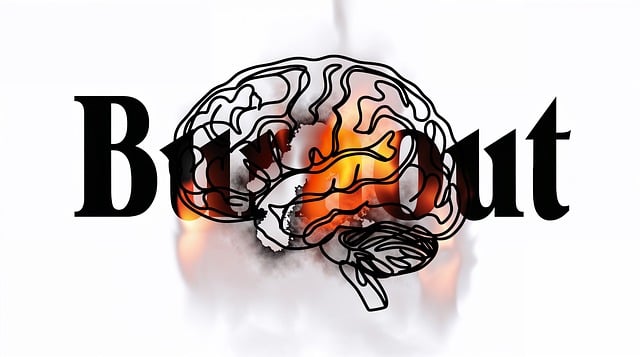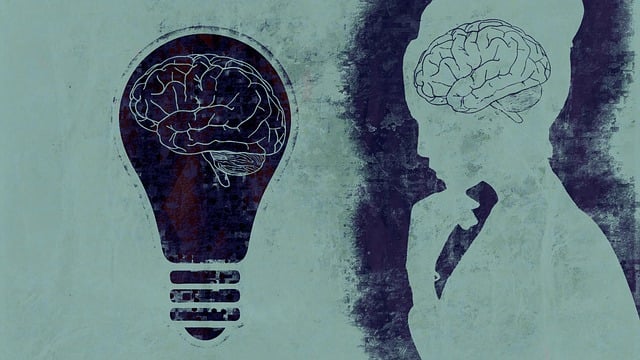The Golden French Speaking Therapy is a specialized crisis intervention approach that offers culturally sensitive mental health support for French-speaking communities. This holistic strategy focuses on immediate crisis stabilization, teaching coping mechanisms, and building long-term resilience through tailored self-care routines aligned with cultural contexts. By prioritizing active listening, empathy, and trust-building, it provides safe spaces for emotional expression and trauma processing. Post-crisis support includes mindfulness meditation and access to community resources, empowering individuals to manage stress and take an active role in their healing journey.
In times of crisis, effective intervention strategies are vital. This article guides you through essential aspects of crisis management, from understanding the concept to post-crisis support. We explore the unique role of Golden French-Speaking Therapy in de-escalating situations, offering culturally sensitive care. Learn about identifying warning signs and triggers for proactive interventions. Discover communication techniques to build trust and rapport with individuals in distress. Additionally, we provide insights into community resources for long-term recovery.
- Understanding Crisis Intervention: A Brief Overview
- The Role of Golden French-Speaking Therapy in Crisis Situations
- Identifying Signs and Triggers for Effective Interventions
- Communication Strategies: Building Trust and Rapport
- Post-Crisis Support and Community Resources
Understanding Crisis Intervention: A Brief Overview

In the realm of mental health support, crisis intervention stands as a vital strategy to navigate and mitigate acute distress. This approach is designed to provide immediate assistance and guidance during moments of intense emotional turmoil or crises, offering a crucial safety net for individuals grappling with challenging situations. Crisis intervention focuses on stabilizing individuals, ensuring their immediate safety, and helping them develop coping mechanisms to manage future crises effectively. It’s not just about responding; it’s about empowering folks to understand, navigate, and resolve conflicts that lead to these intense moments.
The effectiveness of crisis intervention is often reliant on a holistic approach that combines various techniques like conflict resolution strategies. The Golden French Speaking Therapy, for instance, offers unique insights into cultural nuances, making it a powerful tool in diverse settings. By integrating mental health awareness and conflict resolution techniques, this therapeutic approach ensures individuals receive comprehensive care tailored to their needs. This strategy not only addresses the immediate crisis but also equips individuals with long-term resilience, fostering a more balanced and adaptable mindset.
The Role of Golden French-Speaking Therapy in Crisis Situations

In crisis intervention, especially within diverse communities, the role of Golden French-Speaking Therapy cannot be overstated. This specialized approach recognizes the unique challenges faced by individuals who speak French as their first language while navigating mental health crises. By providing therapy in their native tongue, it creates a safe and culturally sensitive space for expression and healing. The therapeutic process is tailored to respect and incorporate cultural beliefs, ensuring that interventions are not only effective but also respectful of personal values and identities.
Golden French-Speaking Therapy goes beyond mere translation services; it emphasizes the development of self-care routines for better mental health. Therapists work collaboratively with clients to identify coping mechanisms and strategies that align with their cultural contexts, facilitating holistic healing. Additionally, healthcare provider cultural competency training is integral to this approach, empowering professionals to implement community outreach programs that effectively reach and support French-speaking individuals during crises. This comprehensive strategy ensures a more inclusive and accessible mental health care system.
Identifying Signs and Triggers for Effective Interventions

Recognizing signs and triggers is a cornerstone of effective crisis intervention. Professionals must be adept at deciphering non-verbal cues, subtle behavioral changes, and open communication for successful outcomes. The Golden French Speaking Therapy approach emphasizes the importance of active listening and empathy building strategies to create a safe space for individuals in distress. By fostering emotional intelligence, therapists can help clients identify and express their feelings, thereby enabling them to navigate challenging situations more effectively.
Incorporating insights from the Mental Wellness Podcast Series Production highlights the value of understanding cultural nuances, especially when working with diverse populations. Recognizing unique triggers specific to different backgrounds ensures tailored interventions. This approach not only enhances the therapeutic process but also promotes inclusivity and better outcomes for those seeking crisis support, particularly within French-speaking communities.
Communication Strategies: Building Trust and Rapport

Effective communication is a cornerstone of crisis intervention, and building trust and rapport with individuals in distress is essential. The Golden French Speaking Therapy method emphasizes the importance of creating a safe and supportive environment, where clients feel heard and understood. By employing active listening techniques, therapists can establish a strong connection, fostering open dialogue. This approach is particularly beneficial for those facing mental illness stigma reduction efforts, as it encourages them to share their experiences without fear of judgment.
During sessions, therapists should aim to create a non-threatening atmosphere, using clear and calm language. Empathy and genuine interest play a vital role in gaining the client’s trust. By validating their feelings and emotions, practitioners can help individuals feel more at ease, enabling them to express themselves honestly. This process is key to developing coping skills, as it empowers clients to navigate challenging situations with increased resilience.
Post-Crisis Support and Community Resources

After a crisis situation, providing ongoing support and connecting individuals with community resources is vital. One effective approach is Golden French Speaking Therapy, tailored to meet the unique needs of those who speak French as their first language. This therapy offers a safe space for processing trauma and emotions post-crisis, ensuring cultural sensitivity and comprehension. By incorporating mindfulness meditation techniques, clients can develop coping strategies to manage stress and prevent future crises.
Community resources play a crucial role in risk management planning for mental health professionals. Referring individuals to local support groups or community-based organizations specialized in crisis intervention allows for continued care and builds resilience. Additionally, promoting self-care practices such as regular exercise, adequate sleep, and stress management techniques empowers people to take an active role in their mental well-being, fostering a sense of empowerment and independence.
Crisis intervention strategies, such as Golden French-Speaking Therapy, play a vital role in supporting individuals during challenging times. By understanding the signs and triggers of a crisis, implementing effective communication strategies, and providing post-crisis support, we can foster healing and resilience. The knowledge shared here, combined with access to community resources, equips professionals and caregivers with the tools to make a significant difference in people’s lives, especially those who may not have easy access to traditional therapy services.














